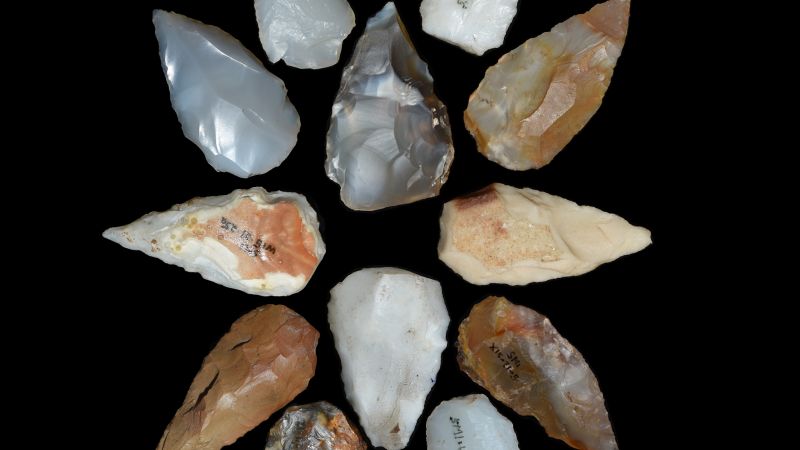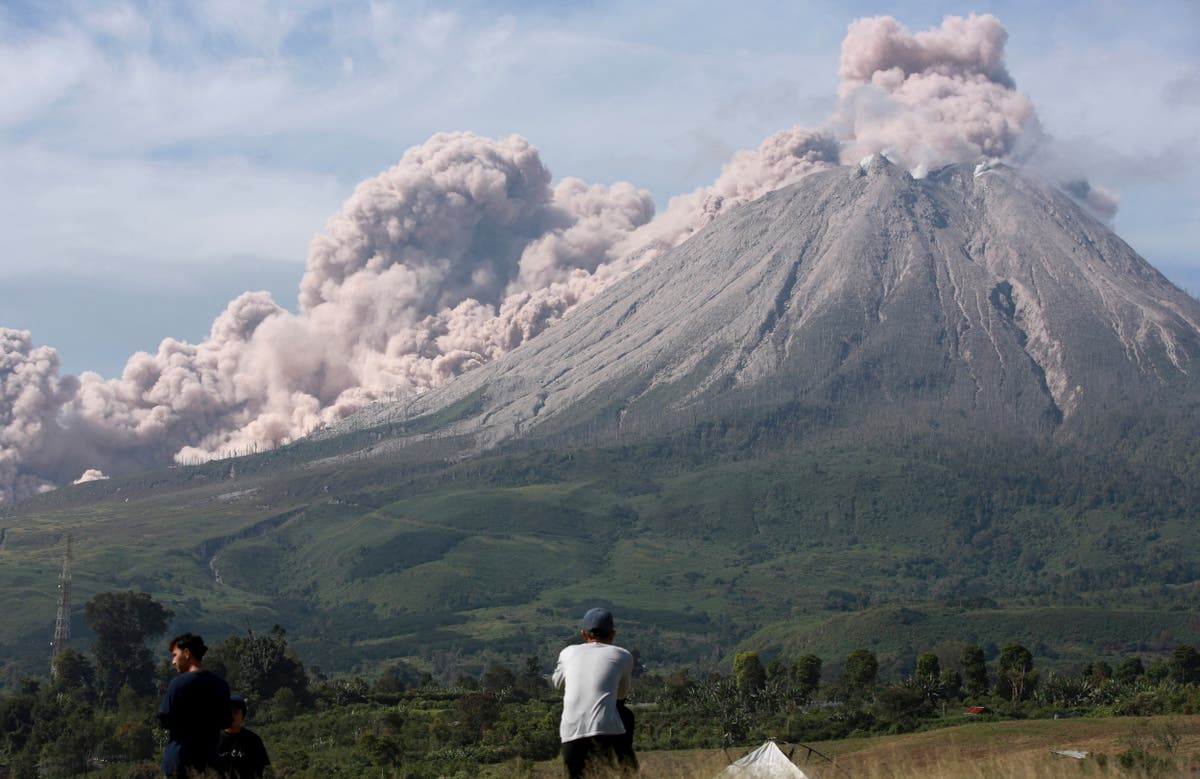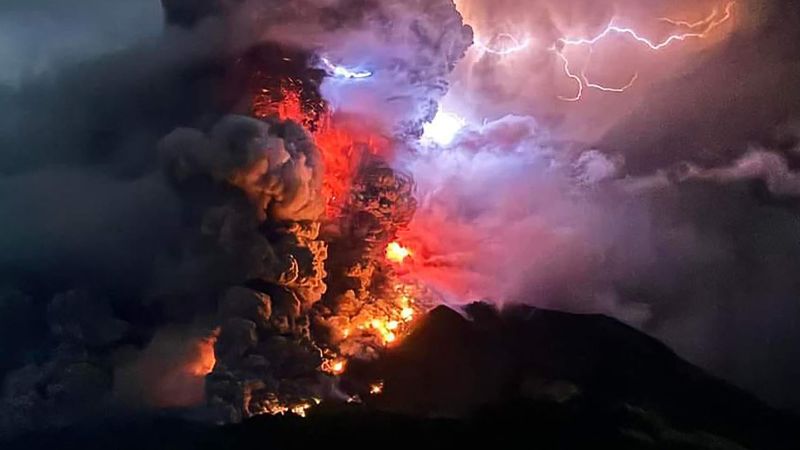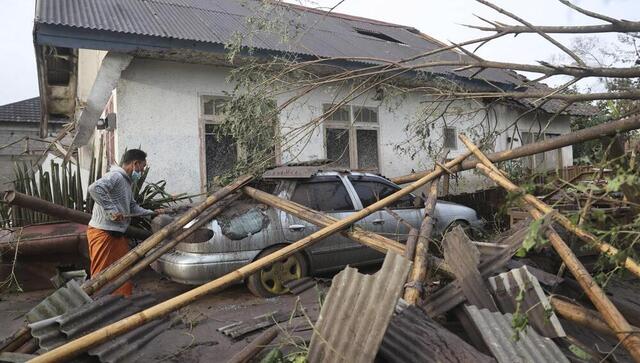
Mount Toba: One of the largest eruptions in Earth’s history could have wiped out humans
CNNSign up for CNN’s Wonder Theory science newsletter. “We think the reason for that is because if Toba is in fact, creating more aridity, that means it’s going to be a shorter wet season, which means longer dry season.” The team theorized that the drier climate, counterintuitively, explains the increased reliance on fish: As the river shrank, fish were trapped in water holes or shallower streams that hunters could more easily target. Blue vs. green corridor The fish-rich water holes may have potentially created what the team described as a “blue corridor,” along which early humans moved north out of Africa once they were depleted of fish. “There is therefore every reason to … consider these ancient Homo sapiens as bearers of already highly advanced technologies, largely emancipated from natural and climatic constraints, crucial factors for understanding their migrations later on, across all continents and under all latitudes.” Ancient species of humans likely left Africa multiple times, but archaeologists and geneticists largely agree that the most significant dispersal of Homo sapiens, our own species — which ultimately led to modern humans living in every corner of the globe — took place around 70,000 to 50,000 years ago. The new research offers another potential scenario for how this dispersal happened while not ruling out previous theories, said Chris Stringer, a professor and research leader in human evolution at the Natural History Museum in London, who called it an “intriguing paper.” “I’m sure each of these propositions will fuel debate amongst the relevant specialists but I think the authors have made a plausible case for each scenario they propose,” Stringer said via email.
Discover Related






)